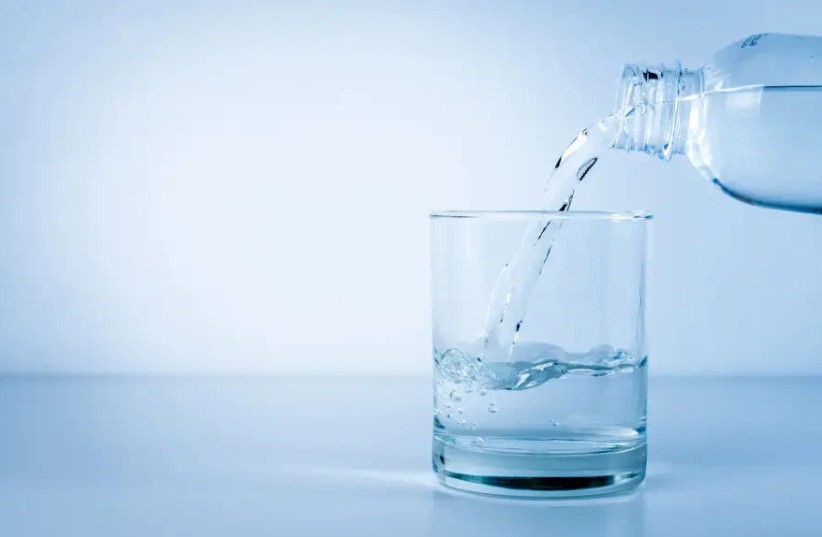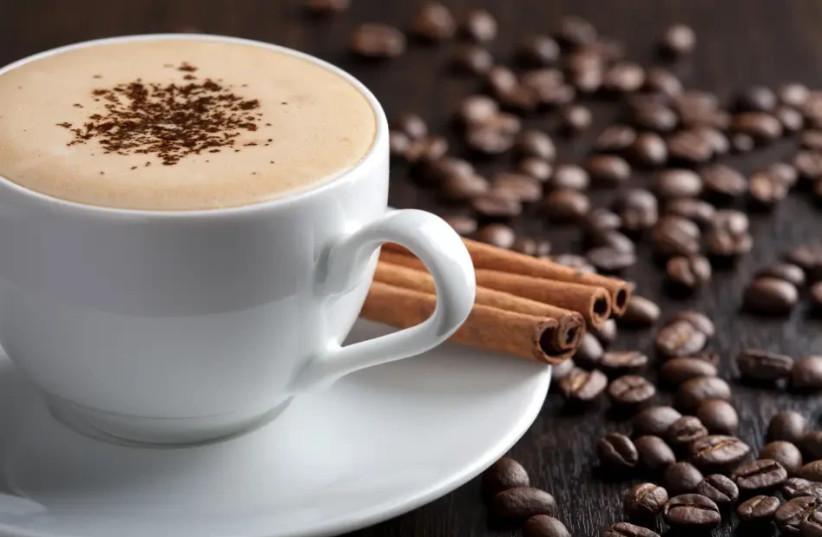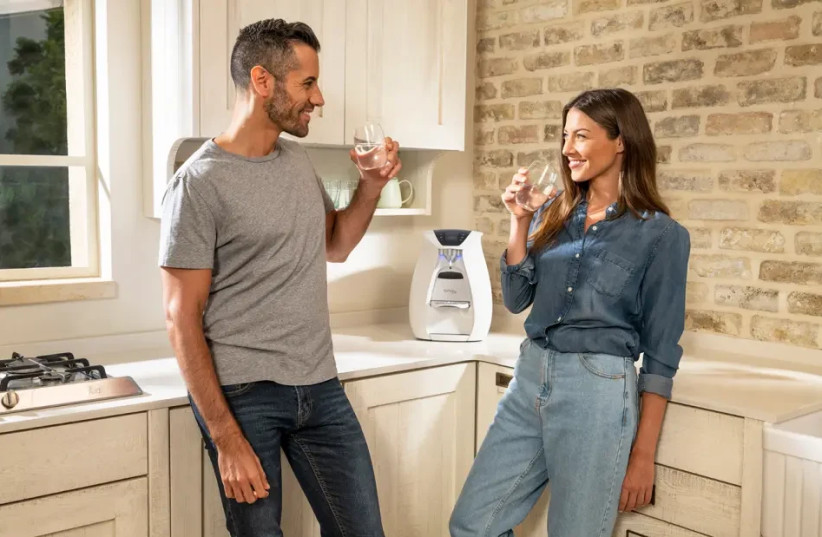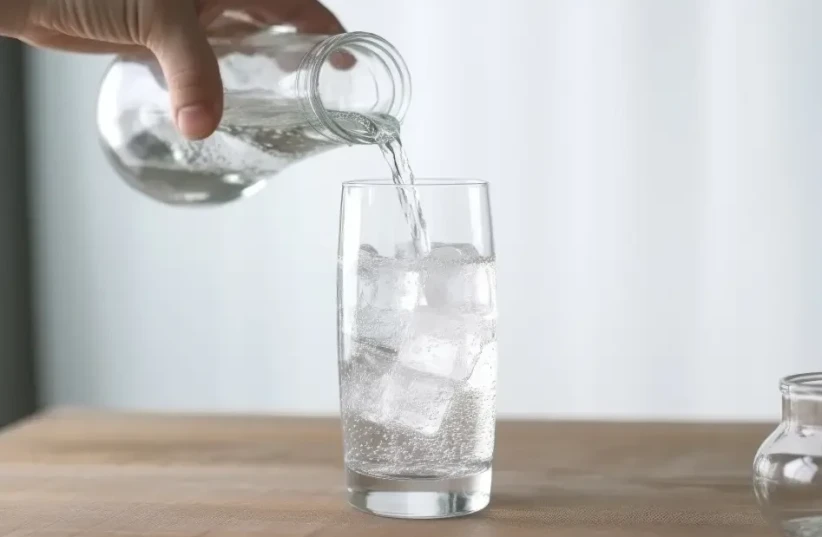In honor of International Water Day this month, March 22, the "Strauss Water" company, Tami 4, conducted a dedicated survey through Shulamit Top and the KANTAR research institute, among a representative sample of 2,500 respondents (adults 18+ including Arab and ultra-Orthodox sectors, youth ages 13-17).
The survey data shows that in the south and the lowlands they drink an average of 7.1 glasses of water per day, in Beersheba they drink 8.6 glasses a day, in Jerusalem 6.8, in the central area 6.7, in the north 6.5 and in Sharon 6.1. Also, the respondents testified that they drink much more water in the summer than in the winter: the gap between the two periods is a little higher than 40%: 9.9 glasses in the summer compared to 6.9 glasses of water in the winter.
Since the beginning of the war there has been an 18% increase in drinking water


Drinking water is mainly healthy and good for the body, quenches our thirst, and even has the ability to relieve stress. The act of drinking water provides a simple but effective way to feel calm. In times of increased stress and uncertainty such as wartime, it is natural for people to drink more water.
As part of the survey, conducted during the war, it was found that 3 out of 4 people report unpleasant feelings such as stress, anxiety and low mood. About a third of the respondents who reported unpleasant feelings as a result of the war, drink water as a means of alleviating the feelings and improving the mood. Also, there was a significant increase, about 20% in the consumption of coffee, water or tea.
In general, about half of the population testified that they need to be near their friends and family as a means of relieving stress and anxiety (women more than men). In addition, about a quarter of the population reports that they tend to eat more and listen to more music since the start of the fighting.
Water is the most common drink, followed by coffee
The most common popular drink is water: 90% of the entire population drinks water, an average of 7 glasses per day. In second place is coffee (80%), which is usually drunk on average of 2.5 cups a day.
Those who incorporate sports training into their lives with high frequency, testify that they drink more than those who do not train (7.6 glasses a day compared to 6.1). Also, the survey shows that, in general, people who are more careful about a healthy lifestyle also drink more water than the general population (7.5 glasses compared to 7.0).
Among the young people (ages 18-29) it appears that they drink many more glasses of water per day (7.3) compared to the adults (6), but drinking coffee is more common among the adults (2.7), compared to the young people (2).
Start and end the day with water
This year, water is at the top of the ranking even in the mornings, with half of the population drinking water as a first morning drink, which is an increase compared to last year (40%). Compared to last year, drinking water also increased in the evening: 64% of the respondents testified that their last drink in the evening is water (last year - 57%). A little more than half of the population testifies that they feel better on the days they drink more water.


An increase in the consumption of sweet drinks
61% of all respondents drink carbonated sweet drinks and 49% drink non-carbonated sweet drinks. Compared to last year, we are witnessing a relatively high increase in the consumption of sweet drinks among young people (75% versus 69%). This can be explained when talking about hospitality: it was found that young people will offer guests sugary drinks (62%) more than any other drink. In contrast, adults will offer more coffee, tea and water than sugary drinks. Also, similar to the previous year, 39% of the total population consumes sugary drinks only on the weekend.
Soda as a substitute for sugary drinks
1 out of every 5 people who drink soda add some flavor to it, this phenomenon is more common among young people, who like to turn soda into a sugary carbonated drink compared to adults. Furthermore, a significant proportion of the respondents (43%) perceive soda as a complete substitute for water, although the frequency of this phenomenon was found to be lower among the youth compared to the adults (15% versus 45%).


Children and youth like their water in a reusable bottle
76% of children go to kindergarten and school with a reusable water bottle, as their parents testify, 51% of teenagers go to school with a reusable water bottle and 40% of teenagers who buy mineral water bottles testify that they recycle the bottles often.
Shamrit Warshover, CEO of Tami4, Strauss Water: "Water is part of our lives and this year, against the background of the war and the feelings of stress and anxiety, we understand that water is also a source of calm and balance, and this is also confirmed by the research data. Our annual theme this year is - 'Love water in a different way' - everyone drinks their water a little differently and for different reasons.
From the survey data it is possible to learn about the water consumption habits of women, men, young people and adults in different regions of the country. In this year's research we even discovered that some Israelis define themselves as water people (54%). The consensus is that everyone drinks water."
